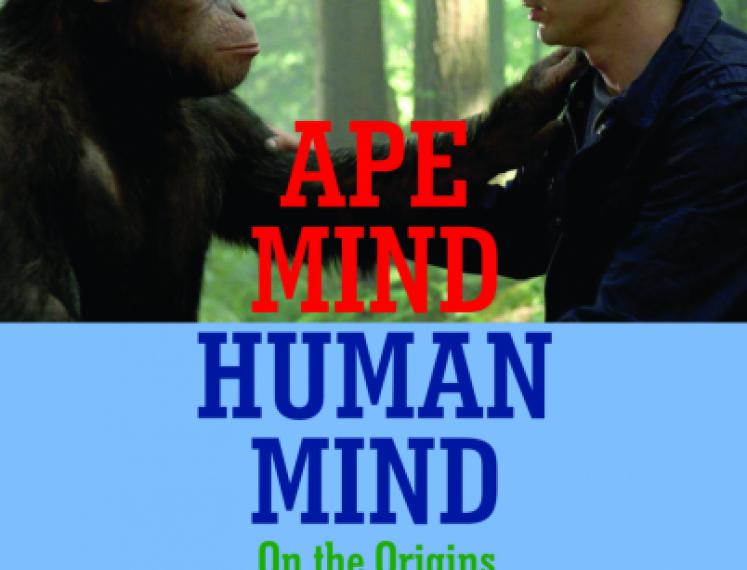How Power Affects Your Brain
What makes a winner? Why do some succeed both in life and in business, and others fail? And why do a few individuals end up supremely powerful, while many remain powerless?
Are men more likely to be power junkies than women? The 'winner effect' is a term used in biology to describe how an animal that has won a few fights against weak opponents is much more likely to win later bouts against stronger contenders. It applies to humans, too. Power - even quite small amounts - can change your brain and make you smarter, more motivated, less depressed and more strategic in your thinking. However, if power is not well-constrained, its effects on the brain can be excessive, leading to narcissism, blinkered-vision and poor judgment. Power and winning work by increasing testosterone and boosting essential brain chemical messengers. The effect is as strong as any drug. And the more you win, the more you will go on to win. But the downside is that winning can become physically addictive. What are the mental and physical changes that take place in the brain of a 'winner'? Why can some personalities handle power better than others? If we know what makes a winner - or a loser – we can understand better the behaviour of our business colleagues, employees, family and friends.
Ian Robertson is Professor of Psychology at Trinity College Dublin where he was founding Director of Trinity College Institute of Neuroscience. He is a member of the Royal Irish Academy and was previously a Fellow of Hughes Hall, University of Cambridge, where he was also a senior scientist at the Cognition and Brain Sciences Unit. Ian Robertson is a Visiting Professor at Columbia University New York, University College London, University of Wales at Bangor . His research focuses on how experience changes the brain and on how human beings pay attention. He has more than 200 published books and articles in this field, including in Nature, Brain, Journal of Neuroscience and Psychological Bulletin. A former science writer for the London Times, his multiply-translated popular science books include Mind Sculpture, The Mind’s Eye, and most recently, The Winner Effect.
Interesting links
Weblog Ian Robertson: Psychology Today Blog
Book: The Winner Effect
Dutch translation: Het winnaareffect



